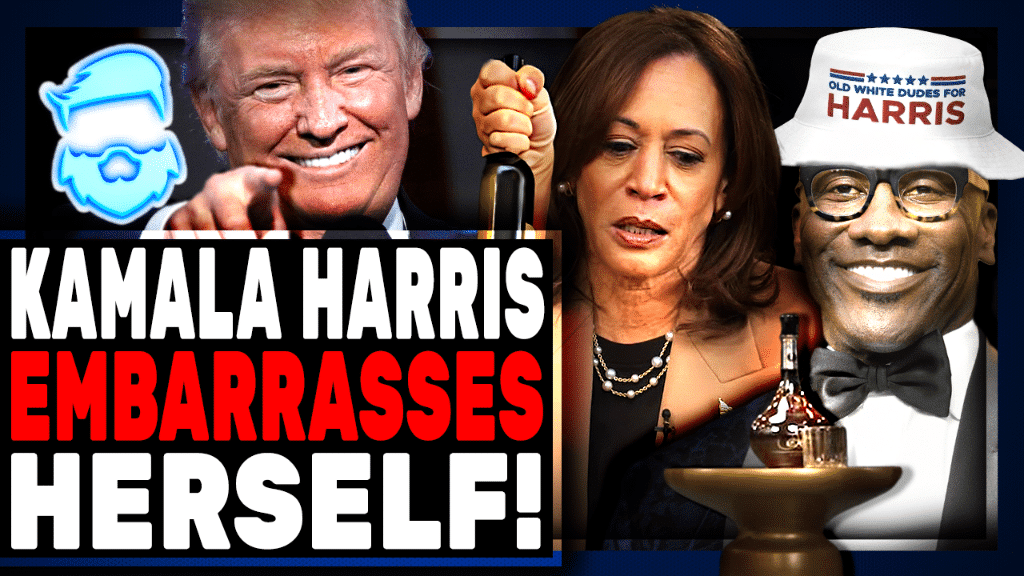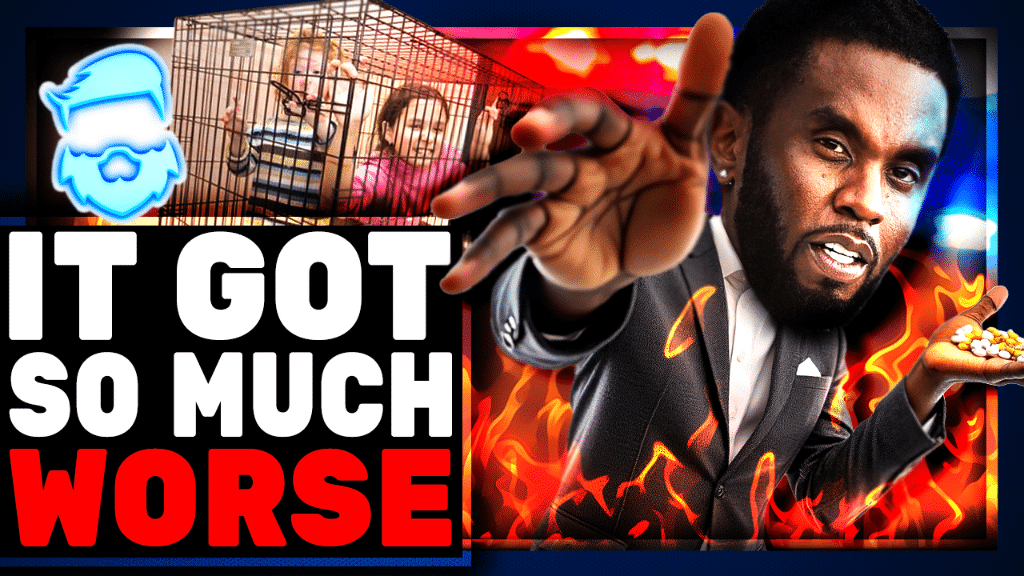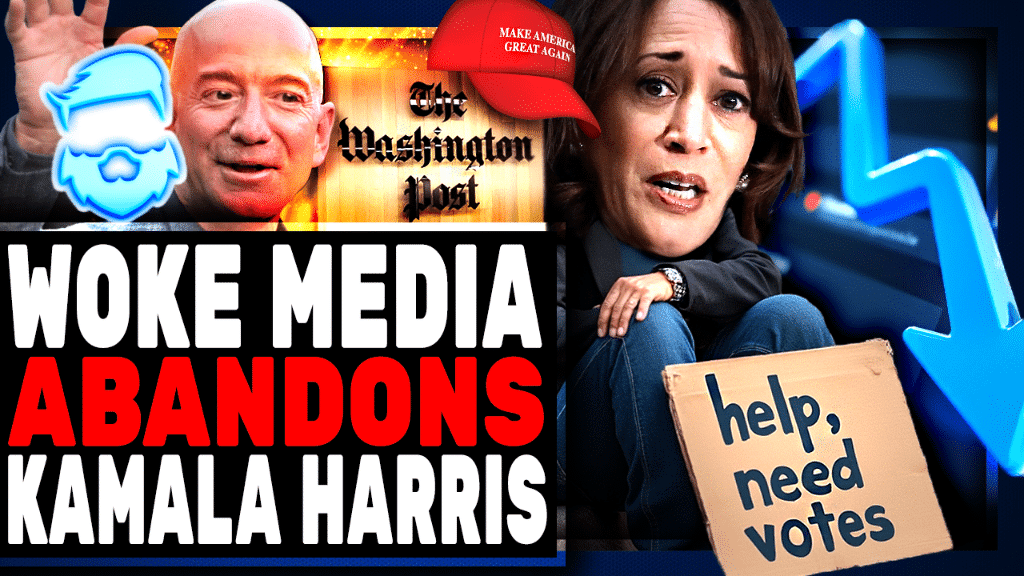he boycott of Bud Light over its partnership with transgender influencer Dylan Mulvaney “isn’t going away,” because it fits the pattern of previously successful consumer boycotts, a former executive at the brand’s parent company has said.
Anson Frericks, who spent more than a decade at Anheuser-Busch, said Bud Light’s appeal had been that it was “inoffensive” but that appeal was now gone. He suggested that a way to move past the controversy was for the beverage company to “publicly commit to staying out of political issues.”
Anheuser-Busch has been accused of alienating its traditional customer base after sending a commemorative can to Mulvaney to mark her first year of transitioning to a girl. Some LGBTQ+ campaigners have criticized the company for not defending its ties with the influencer, who has more than 10 million TikTok followers.
It is neither the first nor the latest brand to be the target of condemnation from conservatives over marketing that advocates for the LGBTQ+ community. However, the outrage surrounding it has outlasted other recent controversies, and continues to bubble away six weeks after it first emerged.
In an op-ed for Fox News on Tuesday, Frericks wrote that “conventional wisdom holds that controversies blow over,” something that was “certainly what Anheuser-Busch is hoping for.”
Bud Light and Anheuser-Busch have remained mostly silent amid the backlash. On April 14, Brendan Whitworth, the brewery’s U.S. CEO, issued an official statement, saying: “We never intended to be part of a discussion that divides people. We are in the business of bringing people together over a beer.”
However, Frericks went on to highlight the rapidly declining sales of Bud Light—and to a lesser extent other Anheuser-Busch brands—seen in the month since the controversy began.
In the four weeks up to April 29, Bud Light recorded an overall decline in sales revenue of 17.2 percent off a 21.4 percent drop in volume. The beer brand had a 26 percent fall in off-premises sales—those taking place outside hospitality venues such as bars and restaurants—in the week ending April 22, industry data shows.
However, Michel Doukeris, CEO of parent company Anheuser-Busch InBev, told investors on May 4 that the declining Bud Light sales represented about 1 percent of the company’s global volume, while financial analysts have argued that the beer brand represented “a drop in the bucket” when it came to the brewer’s revenue.
Newsweek approached Anheuser-Busch via email for comment on Wednesday.
Frericks argued that social-science research suggested a key factor in the success of a boycott was “whether consumers believe they have the power to impact the company’s bottom line. If a boycott would be futile, there’s no point.”
The boycotters, he noted, were “witnessing their success in real time” thanks to the weekly industry sales data updates, which Anheuser-Busch had no control over. “Anheuser-Busch cannot force the media storm to die down by starving it of data,” Frericks said.
Another factor he highlighted was the cost to consumers, specifically access to substitute products. “When it’s easy to switch to a competitor’s product, boycotts are easier to sustain,” Frericks said.

















